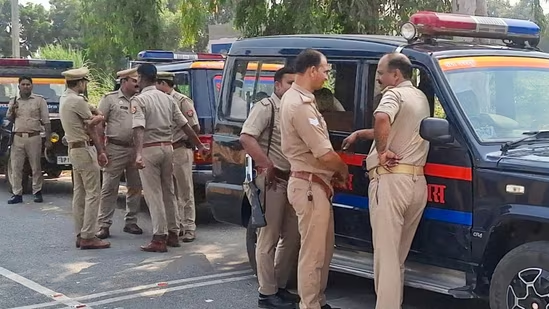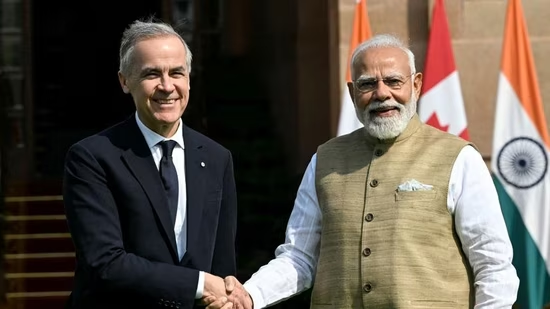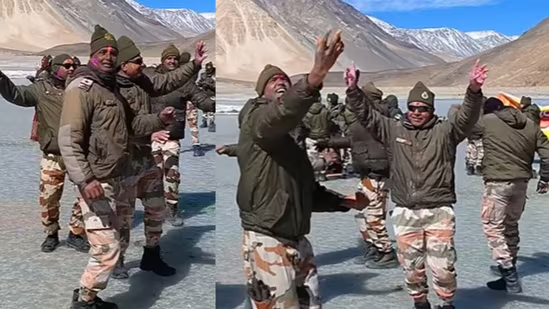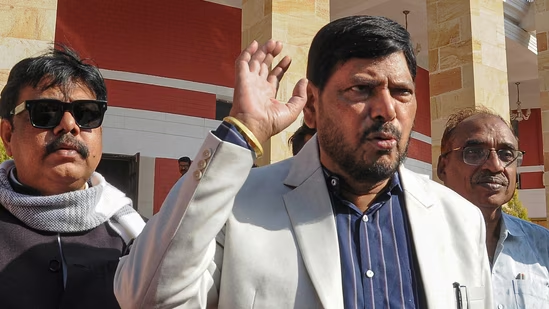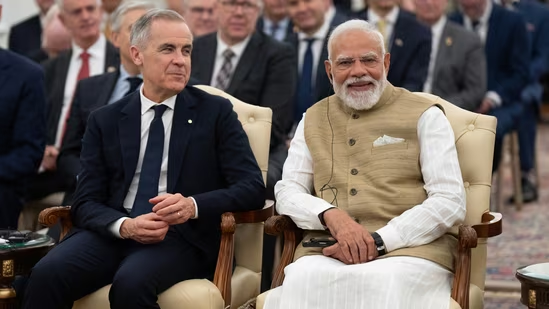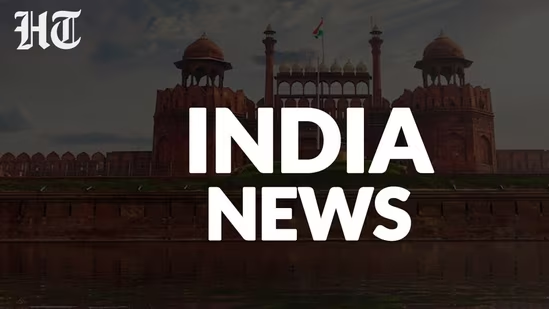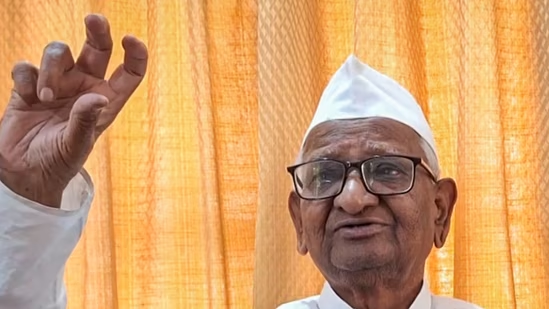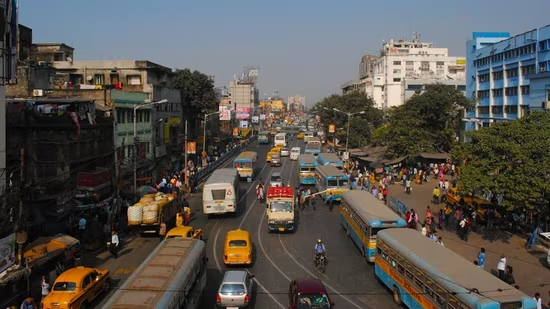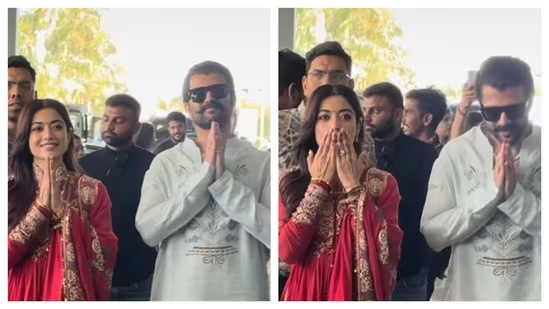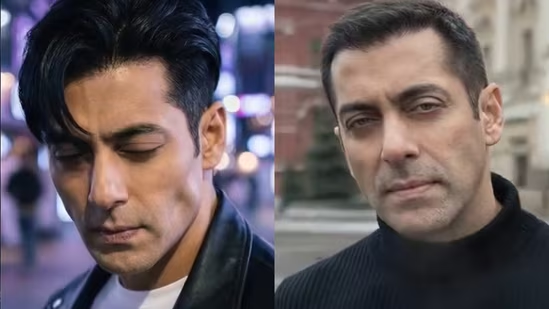It is becoming more and more clear that Prime Minister Narendra Modi could be a threat to the Indian Constitution. His term gives the impression that he is the embodiment of the Constitution, indicating a deliberate attempt to modify the nation’s democratic foundation. The future of India’s parliamentary democracy is seriously threatened by this little but significant change in the country’s political structure.
Modi has used a cunning and planned method to undermine the Constitution. Rather than making his intentions clear, his actions and those of his supporters have progressively undermined the fundamental tenets of the Constitution. Since taking office, Modi has acted in a demagogue-like manner, elevating his authority above constitutional requirements.
A prime minister ought to lead a harmonic parliamentary symphony, especially if they have a majority in the ruling party. But under Modi’s leadership, the last ten years have been characterised by chaos and strife. The way the administration has interacted with the opposition and with the legislative process has frequently seemed more disorganised than cooperative.
One obvious problem has been Modi’s avoidance of responsibility in Parliament. Surprisingly, he has not answered a single question in the last ten years during question hours in the Lok Sabha or Rajya Sabha. An essential component of parliamentary democracy is the opposition’s ability to hold the administration responsible, which is undermined by this evasion. Modi’s reluctance to participate in press conferences since May 2014 serves to reinforce the image of a leader who feels above criticism.
Opponents claim that if Modi wins another term, the present Constitution may come to an end. It might take a long time and a lot of work to undo the harm he caused. Modi’s style of government has eroded the spirit of the Constitution without overtly attempting to undermine it.
The departing Lok Sabha’s lack of a deputy speaker, a first in India’s parliamentary history, is a notable illustration of this disrespect. In order to promote balanced representation, the opposition is traditionally given the office of deputy speaker. Nonetheless, Modi’s hesitation to appoint someone to this role—possibly in order to prevent the Congress party from receiving it—reflects his calculated efforts to reduce the power of the opposition.
Modi has also eschewed traditional parliamentary processes, most notably the custom of sending laws to standing committees for in-depth discussion. This evasion has resulted in hurried legislation that frequently works against the government. The hasty passage of the contentious farm regulations, which provoked massive protests, served as a warning about the perils of avoiding close examination.
Modi has often demonstrated his ability to use parliamentary norms in order to undermine democracy. Chaos has surrounded the passage of bills, and opposition members have frequently been ejected from meetings. This strategy devalues the function of presiding officers, who are viewed as nothing more than the prime minister’s apprehensions, and also threatens the legislative process.
There are also concerns about how opposition leaders are being treated. For example, Rahul Gandhi lost his right to serve in the Lok Sabha after being found guilty of libel at the right moment. This action highlights how frequently the government uses the legal system to stifle criticism and is unparalleled in the history of independent India.
Under Modi’s leadership, bills have also been suspiciously classified in order to get past legislative obstacles. This strategy is demonstrated by the Aadhar bill, which was dubiously referred to be a money bill in order to evade examination in the Rajya Sabha. Justice D.Y. Chandrachud of the Supreme Court later declared that the law was not a money bill, branding it a “fraud on the Constitution.”
It’s interesting to note that Modi also disregards the constitution of his party. He designated J.P. Nadda as the BJP’s working president in 2019, a position that is not specified in the party’s charter. This act of unilateralism is consistent with his general style of administration, which regularly defies accepted conventions and laws.
Communication between the ruling party and the opposition is essential to the health of parliamentary democracy. Regretfully, Modi has never encouraged this kind of conversation. Crucial topics like the Galwan incident, Chinese incursions in Ladakh, and accusations against the Adani Group have not been discussed openly in Parliament, which has stifled the essential examination and discussion.
Paradoxically, Modi presents India as the largest democracy in the world in international forums, such as the G-20 conference, while his record at home speaks otherwise. As Gujarat’s Chief Minister, he implemented the “Gujarat model,” which involved temporarily ejecting opponents from the legislature in order to enact laws. This strategy has now been adopted nationally. This strategy not only betrays democratic ideals but also singles out opposition members regardless of their position on many topics.
One of the main architects of the Indian Constitution, Dr. B.R. Ambedkar, cautioned that the morality and integrity of persons in positions of authority would determine if the Constitution was successful. Regretfully, the worst fears expressed by the founders of the Constitution have been confirmed during Modi’s tenure. The democratic foundations of India have been steadily undermined under his administration, putting the country’s founding charter in grave jeopardy.






